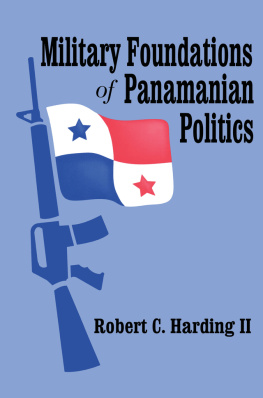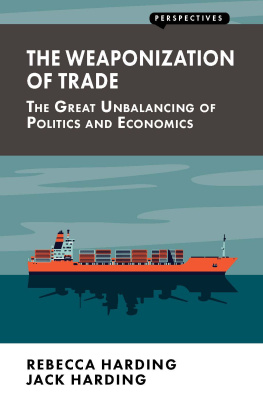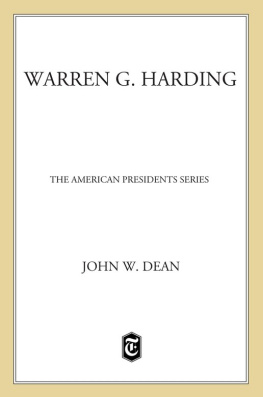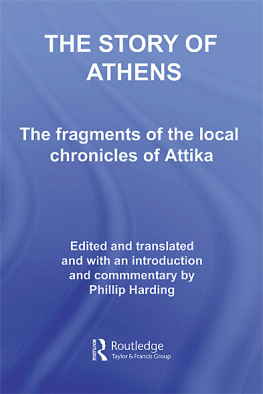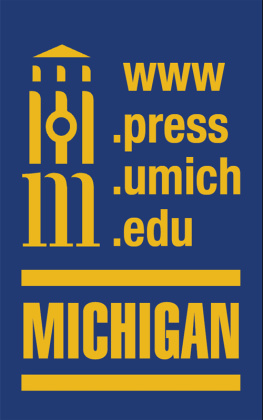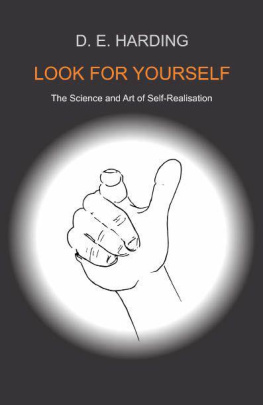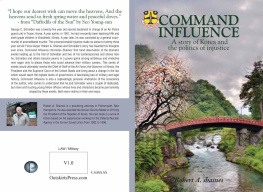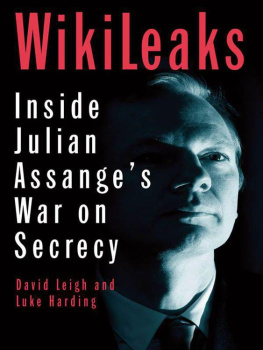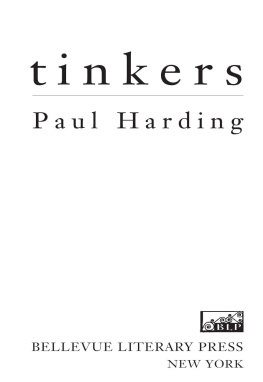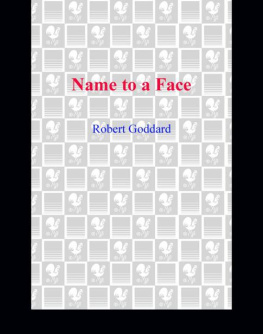Robert C. Harding Ii - Military Foundations of Panamanian Politics
Here you can read online Robert C. Harding Ii - Military Foundations of Panamanian Politics full text of the book (entire story) in english for free. Download pdf and epub, get meaning, cover and reviews about this ebook. year: 2001, publisher: Routledge, genre: Politics. Description of the work, (preface) as well as reviews are available. Best literature library LitArk.com created for fans of good reading and offers a wide selection of genres:
Romance novel
Science fiction
Adventure
Detective
Science
History
Home and family
Prose
Art
Politics
Computer
Non-fiction
Religion
Business
Children
Humor
Choose a favorite category and find really read worthwhile books. Enjoy immersion in the world of imagination, feel the emotions of the characters or learn something new for yourself, make an fascinating discovery.
- Book:Military Foundations of Panamanian Politics
- Author:
- Publisher:Routledge
- Genre:
- Year:2001
- Rating:4 / 5
- Favourites:Add to favourites
- Your mark:
- 80
- 1
- 2
- 3
- 4
- 5
Military Foundations of Panamanian Politics: summary, description and annotation
We offer to read an annotation, description, summary or preface (depends on what the author of the book "Military Foundations of Panamanian Politics" wrote himself). If you haven't found the necessary information about the book — write in the comments, we will try to find it.
Military Foundations of Panamanian Politics — read online for free the complete book (whole text) full work
Below is the text of the book, divided by pages. System saving the place of the last page read, allows you to conveniently read the book "Military Foundations of Panamanian Politics" online for free, without having to search again every time where you left off. Put a bookmark, and you can go to the page where you finished reading at any time.
Font size:
Interval:
Bookmark:

2 Park Square, Milton Park, Abingdon, Oxon OX14 4RN
711 Third Avenue, New York, NY 10017, USA
Product or corporate names may be trademarks or registered trademarks, and are used only for identification and explanation without intent to infringe.
Military foundations of Panamanian politics / Robert C. Harding II.
p.cm.
Includes bibliographical references (p.) and index.
ISBN 0-7658-0075-6 (cloth: alk. paper)
1. PanamaPolitics and government20th century. 2. Panama. Guardia NacionalPolitical activityHistory. 3. Civil-military relationsPanama History. 4. PanamaRelationsUnited States. 5. United StatesRelations Panama. 6. Partido Revolucionario Democrtico (Panama). 7. Torrijos Herrera, Omar, 1926- I. Title.
322'.5'0978287dc21
- v
Lynchburg, Virginia
November 1, 2000
| 1899: | Civil war erupts in Colombia, spreading to the Panamanian province in 1900. |
| 1903: | With U.S. assistance, Panama gains independence from Colombia. Manuel Amador Guerrero becomes head of ruling council. United States begins work on Panama Canal. |
| 1904: | With U.S. support, Amador disbands Panamanian military. U.S. troops surround presidential palace to protect him. |
| 1905: | First of many U.S. advisors arrive in Panama to train police. Opposition leader, Belisario Porras, stripped of citizenship. |
| 1906: | Electoral Board controversy demonstrates first manipulation of votes in elections. |
Font size:
Interval:
Bookmark:
Similar books «Military Foundations of Panamanian Politics»
Look at similar books to Military Foundations of Panamanian Politics. We have selected literature similar in name and meaning in the hope of providing readers with more options to find new, interesting, not yet read works.
Discussion, reviews of the book Military Foundations of Panamanian Politics and just readers' own opinions. Leave your comments, write what you think about the work, its meaning or the main characters. Specify what exactly you liked and what you didn't like, and why you think so.

